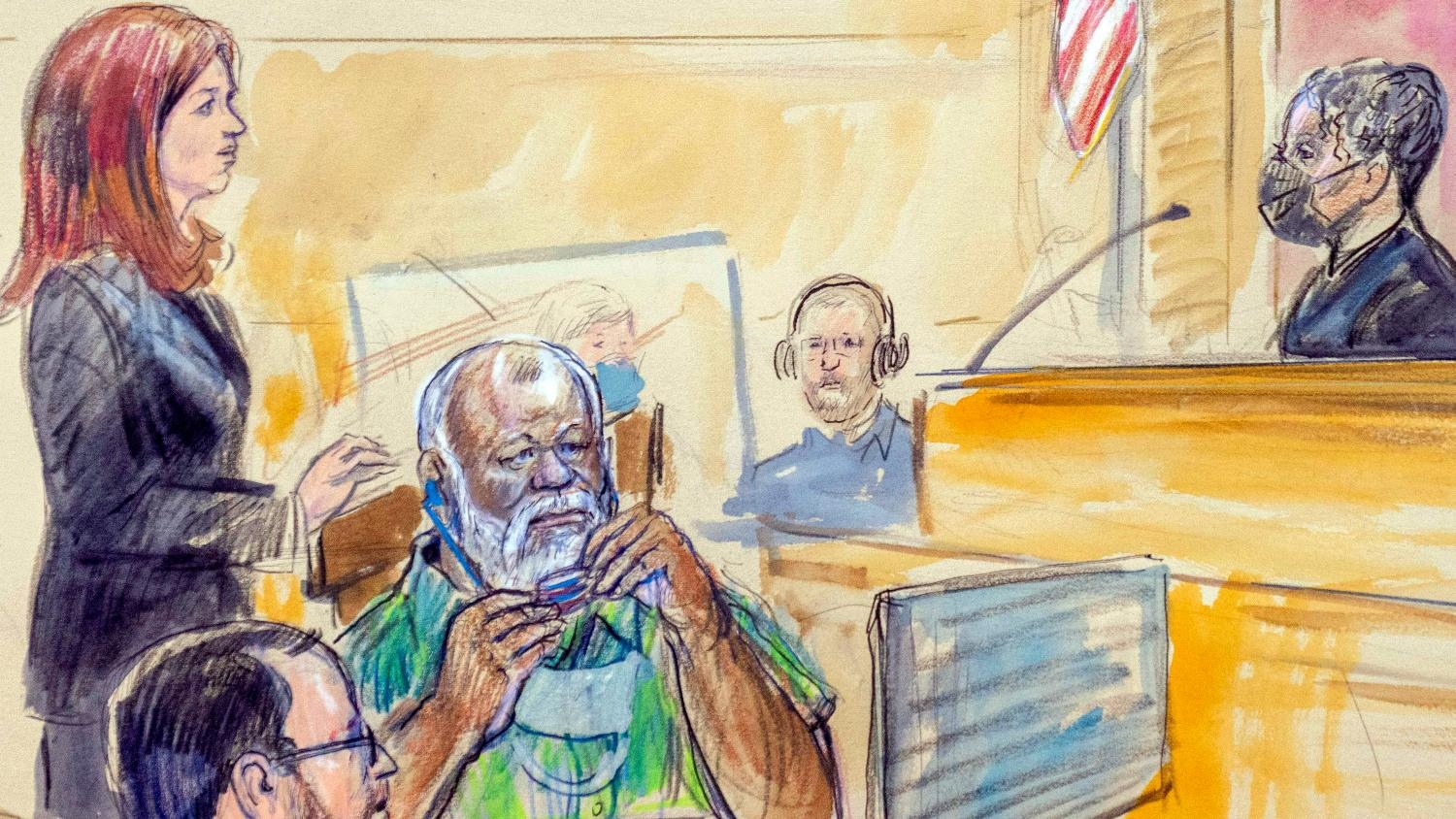Lockerbie bombing : US must clarify legality of extraditing suspect, says rights group

A leading rights group has raised concerns over the extradition of a Libyan national accused of involvement in the 1988 Lockerbie plane bombing, saying that Washington should "clarify the legal basis" for his arrest and transfer, given that Libya and the US have no formal extradition treaty.
Human Rights Watch (HRW) on Monday called on the US to clarify the legality behind Abu Agila Mohammed Masud's extradition from Libya, grant visas to his family members to attend court proceedings, and also grant him the right to challenge his extradition.
In December, US authorities announced they had custody of and intended to prosecute Masud, a former official of the government of the late Libyan leader Muammar Gaddafi, after he was seized from his home in Tripoli.
They added that his family had been notified of the extradition.
However, according to HRW, Masud's transfer to the US was not reviewed by Libya's judicial system, and his family was also not given any prior notification of the extradition. In interviews with HRW, they said they learned of the news from social media posts.
"It appears that no Libyan court ordered or reviewed Masud's transfer to the US, and he had no chance to appeal, raising serious due process concerns," Hanan Salah, HRW's associate Middle East and North Africa director, said in a statement on Monday.
"The political impasse and chaos in Libya don't allow US authorities to disregard violations of fundamental rights."
Masud’s family has said the arrest was an unlawful abduction, but the US embassy in Libya responded that the procedure was "lawful and conducted in cooperation with Libyan authorities".
A relative told HRW that when he was seized from his home on 17 November, members of the armed group that came to take him "shoved Masud’s wife and beat his daughter, who needed medical attention for her hands after the incident".
After the local police in Tripoli refused to file a kidnapping complaint brought by the family, they contacted armed groups and the General Prosecutor's Office to try to find out where he was, according to HRW.
A few weeks later, his family was notified that Masud was being held in Misrata by an armed group allied with Libyan Prime Minister Abdul Hamid Dbeibah.
"The group permitted Masud to call his relatives and permitted the family to visit him twice in Misrata before his transfer to the US," HRW said.
Middle East Eye reached out to the Department of Justice for comment but did not receive a response by the time of publication.
Justice risks being tainted
The 1988 bombing of Pan Am Flight 103 brought down the plane over Lockerbie, Scotland, killing 270 people, 190 of whom were American citizens.
Three years after the bombing, Washington charged Libyan intelligence operatives - Abdel-Baset Ali al-Megrahi and Lamen Khalifa Fhimah - with roles in the attack.
In 2001, after a decade of struggling with Libyan authorities to extradite the individuals, Tripoli handed the two men over to the Netherlands, where they would be tried under Scottish law.
Megrahi was given a life sentence but was released in 2009 on humanitarian grounds and died a few years later in Tripoli. Fhimah was acquitted by the court.
On 12 December, the US State Department announced that Masud had been taken before a court in Washington to face two criminal counts, including destruction of an aircraft resulting in death, based on charges filed by the Justice Department in December 2020.
Masud's arrest and court appearance opens a fresh chapter in a terrorism case that has spanned over three decades. However, HRW has warned that without clarifying the legality behind his transfer to the US, the American government risks eroding justice for the victims and their families.
"Justice for the many victims of Pan Am flight 103 risks being tainted unless the US and GNU governments clarify the legal basis for Masud’s transfer to US custody," Salah said.
Middle East Eye delivers independent and unrivalled coverage and analysis of the Middle East, North Africa and beyond. To learn more about republishing this content and the associated fees, please fill out this form. More about MEE can be found here.





